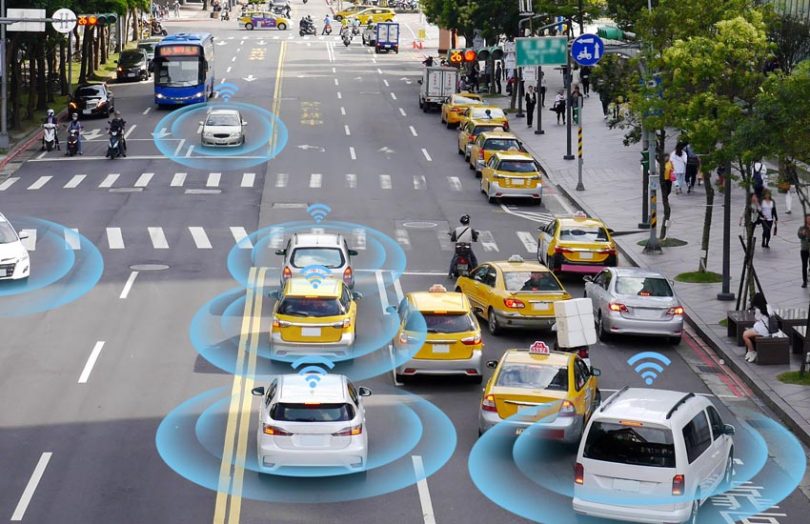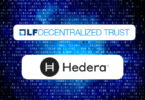Last week, South Korea’s Sejong city government said it is developing a blockchain platform for verifying autonomous cars under its planned smart city solutions, reported Aju Business Daily. The project is hosted by LG CNS. Sejong was founded only a decade ago as a planned city and is the testbed for smart city solutions.
The blockchain solution aims to verify the digital identities of self-driving cars and their systems. It addresses the problem of security of connected mobility, which entails information sharing between autonomous vehicles and other smart city infrastructure. Without adequate security, there’s a risk that hackers could cause accidents, for example, by communicating an incorrect traffic light signal. Decentralized identitifiers address the risk of a centralized store of identities to hack.
The Sejong city government said it would develop the blockchain platform in collaboration with the Ministry of Science and ICT and the Korea Internet & Security Agency. An announcement stated that the total budget is a billion Korean won ($817,000) and the pilot will take place next year.
“We expect this technology platform to greatly increase the credibility of data by strengthening the security of information shared by cars and their control tower,” a Sejong City official told Aju Daily.
Other participants include a consortium of tech companies such as LG CNS, Unmanned Solution, a domestic autonomous shuttle maker, RaonSecure and Raon WhiteHat. The IT backers will develop a decentralized identifier (DID) verification solution to protect the identity of self-driving cars and prevent hacking.
This DID solution will be integrated with other smart city solutions, such as on-road facilities, tolls, and traffic lights. Additionally, Sejong’s smart city platform will support grid-based energy control, AI-based disaster control, and smart farming linked together with a 5G network. LGU+ has tested 5G for autonomous vehicles in the past.
LG U+ and LG CNS are already involved in DID projects in South Korea.
Meanwhile, South Korea recently implemented blockchain shared parking in a satellite city of Seoul as part of the smart city initiative.
Other initiatives exploring blockchain for vehicle identity include the MOBI consortium, which has developed a vehicle identity standard.






